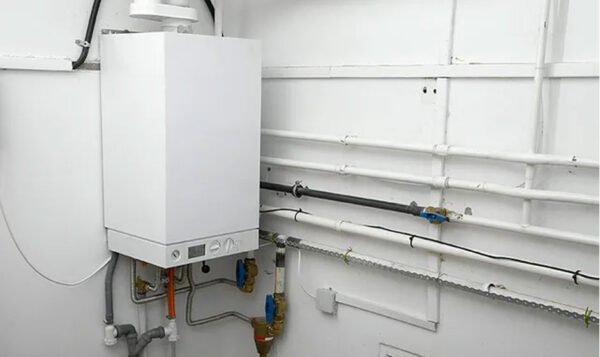How are UK homeowners embracing solar energy for sustainability?

The use of solar energy in the UK has seen a remarkable surge in the last 10 years, with homeowners frequently turning to this new renewable power source. The key drivers behind this shift include governmental initiatives, technological advancements, and a growing public awareness surrounding environmental sustainability.
So, let’s talk a bit more about how UK homeowners are using solar energy in an attempt to improve sustainability.
Government initiatives for solar panel usage
The UK government has been instrumental in encouraging the use of solar energy through various effective incentives.
One notable initiative is the Contracts for Difference (CfD) scheme, aiming to secure 12GW of electricity capacity with £285 million annual funding for low-carbon technology. This scheme supports a range of renewable energy technologies, including solar, and aims to significantly increase the UK’s renewable capacity. The scheme has successfully driven the growth of renewable energy usage across Great Britain while reducing costs, with the price per unit of offshore wind falling by around 65% from 2015 to 2019.
Solar panel grants
Solar panel grants and incentive schemes, such as the Smart Export Guarantee (SEG), have also been crucial in promoting solar energy use in residential areas. As a homeowner with solar panels, you may be able to receive payments for any excess solar energy you send back to the grid.
These initiatives not only provide financial support but also enable households to contribute to the grid, effectively turning them into small-scale power stations with their own well-earned incentives.
Recent technological advancements in solar panels
Technological progress has been a game-changer in the solar energy sector. Current solar panel models in the UK have surpassed 22% efficiency, with prototypes nearing 40% efficiency levels in lab tests. This increase in efficiency means that solar power is becoming more accessible and feasible across the UK’s varied landscape, cutting down on the space needed for solar farms across the country.
Cost reductions and accessibility
There’s been an 89% reduction in the cost of solar panels over the past decade, making solar panels a viable option for a wider demographic. This price drop, influenced by global manufacturing, government incentives, and technological efficiency, has made solar panels more accessible to the average UK resident, alongside supplier comparison sites like Spotdif allowing them to find the best deal.
The environmental impact of reduced carbon emissions
Solar panels generate clean energy, reducing the need for burning fossil fuels. Did you know that, according to SolarPlanet, each kilowatt-hour of solar-generated electricity saves approximately 0.4 kilograms of CO2 emissions? Within the average UK household, this results in a substantial reduction of the carbon footprint over the system’s lifetime.
The growing solar energy market
The UK solar power market is projected to grow from 18.53 gigawatts in 2024 to 53.12 gigawatts by 2029, at a compound annual growth rate (CAGR) of 23.53%. This growth is driven by government policies, the demand for renewable energy sources, and the declining costs of solar technologies.
As of the end of May 2023, the UK had a total of 15.1 GW of solar capacity across 1,334,453 installations, marking the highest annual increase since December 2017.
The cost of solar panel installation
As solar energy becomes more accessible, this has a knock-on effect on the declining cost of small-scale solar PV systems and installations. This has been a major factor in the market’s growth. By the end of 2022, the UK had 11,77,295 solar PV installations with a system size of less than 4 kW, all of which were primarily residential.
Solar energy for a sustainable future
The UK’s journey towards embracing solar energy is a testament to the power of combined efforts. As homeowners increasingly adopt solar energy, they contribute to a sustainable future, both environmentally and economically. With ongoing advancements and support, solar energy stands as a pillar of the UK’s commitment to a greener, cleaner future — keeping in line with the 30-year Clean Growth Strategy.
Undeniably, solar energy in the UK represents a bright and sustainable path forward, empowering homeowners to make a significant impact on both the environment and the future energy landscape. But what comes next? It won’t be long before we find out.
With a background in Creative Writing, Tansy has pivoted her content from fiction to fact in recent years.
As SpotDif’s Senior Content Manager and resident Wealth and Business Writer, she pairs an inquisitive mind with thorough research to create precise and relevant content. Along with the rest of the SpotDif team, Tansy endeavours to stay up-to-date with the ever-changing home, health, wealth, and business sectors.
Her expertise lies in tailoring each message to resonate deeply with its audience. Outside of content writing, Tansy is a keen crafter who enjoys yoga and looking after her rescue Frenchie, Ziggy.



